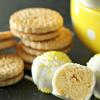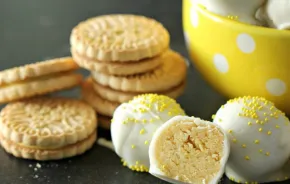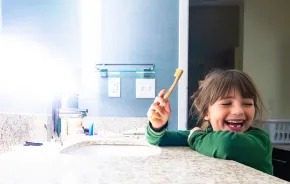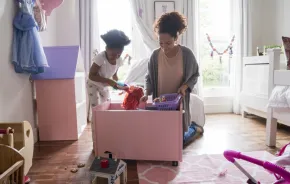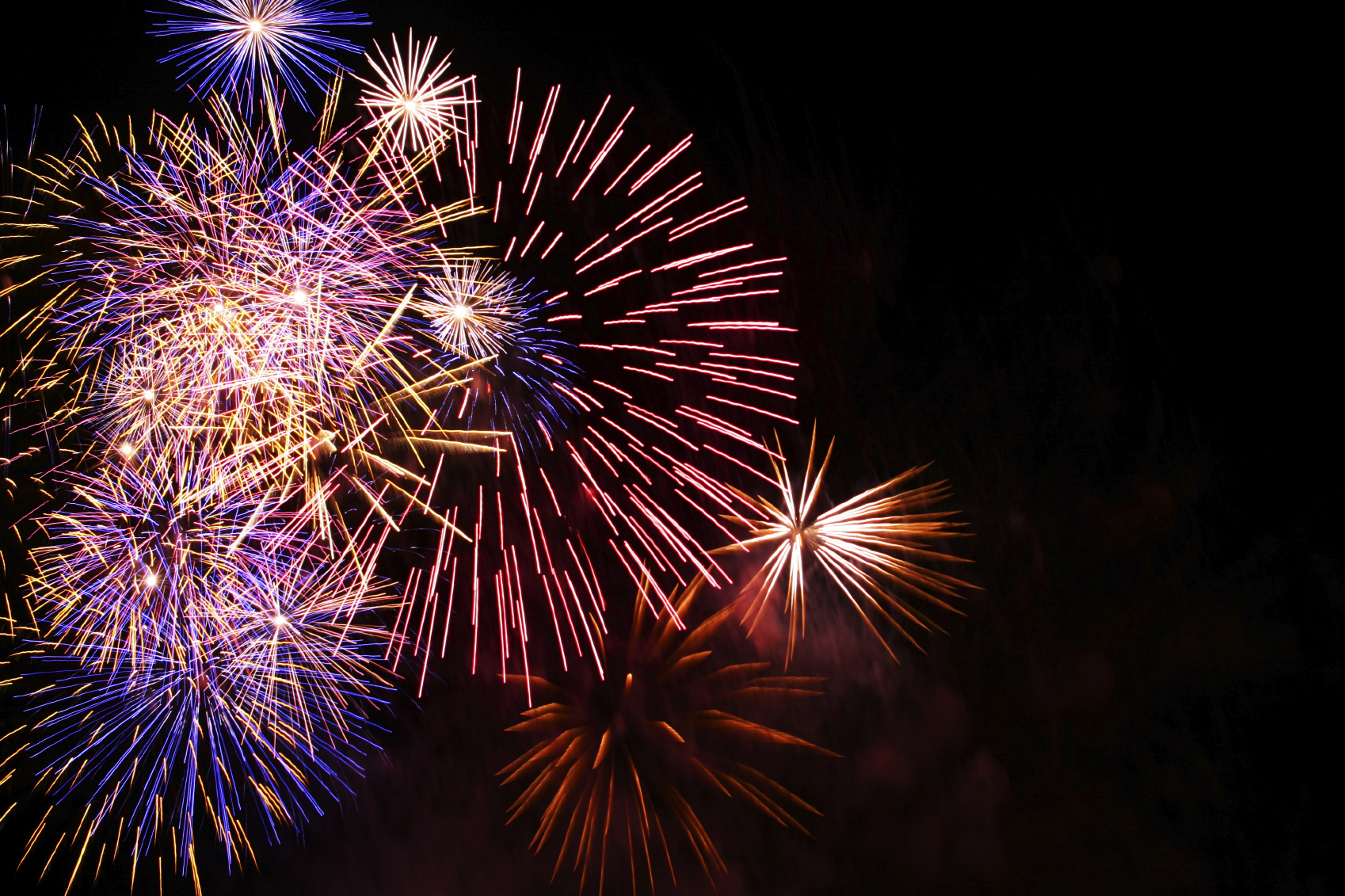 The first time that my daughter saw fireworks here in Seattle, about three years ago, she was confused. She asked me why people were not dressed in their finest, why there weren’t any lit lamps outside their houses and why she did not have her own personal bundle of firecrackers. She was upset that we were not visiting her grandparents’ house in Hyderabad. She thought the Fourth of July was Diwali.
The first time that my daughter saw fireworks here in Seattle, about three years ago, she was confused. She asked me why people were not dressed in their finest, why there weren’t any lit lamps outside their houses and why she did not have her own personal bundle of firecrackers. She was upset that we were not visiting her grandparents’ house in Hyderabad. She thought the Fourth of July was Diwali.“Well darling,” I replied, “Because today is not Diwali. It’s Independence Day.”
Hearing this, she quickly started singing the Indian national anthem, which she had learned just before our move to Seattle, at her school.
“Actually baby,” I waited until she was done. “It’s the U.S. independence day.”
To this day, I remember this incident whenever it’s the Fourth of July, and whenever it is Diwali. It serves like a dual reminder for our current lives.

Diwali, or Deepawali, quite literally means row of lights. Like most Hindu festivities and rituals, Diwali is also a multi-day festival. Over a period of five days in the fall (this year between Nov. 9 and 14), Hindus celebrate the victory of good over evil.
Diwali is quite an ancient festival and like any ancient festival, there are many stories associated with its origin. I’ve heard the following three stories back home and they are fairly popular.
According to the most popular version, the festival marks the return of Lord Rama, his wife Sita and brother Lakshmana to their kingdom Ayodhya, after 14 years in exile. During his exile, Rama defeated Ravana, the demon king who was creating havoc in the world. Rama’s subjects had lit lamps throughout the kingdom to welcome their king back and celebrate his victory.
In another story, the festival dates back to the time of Sagar-manthan or churning of the ocean of milk. Legend has it that a long time ago, gods and demons were mortal and to attain immortality they had to drink the divine nectar that could be obtained by churning the ocean of milk. So the demons and gods churned the ocean using the god of serpents Vasuki as the churning rope and the mountain Mandar as the churning stick. One of the first righteous spirits that emerged was the Goddess of Wealth – Lakshmi. On the same day, Lakshmi married Vishnu, the preserver of the universe. It is believed that Diwali is celebrated to commemorate the birth and marriage of Goddess Lakshmi.
In the third version, Diwali is the celebration of the defeat and death of Narakasura, a demon in the hands of Krishna, the eighth incarnation of Vishnu. This is a very popular story in the southern part of India, where I come from. It is believed that after slaying Narakasura, Krishna took a bath to cleanse himself off Narakasura’s blood stains.
To symbolize the washing away of evil, to this day, most Tamil families in India rise early in the morning of Diwali and take an oil bath before sunrise to represent a holy bath in the Ganges. Back home, people greet each other with “Ganga Snanam aacha?” or “Did you take a bath in the Holy Ganges?”
In almost all Hindu homes, Diwali is ushered by invoking the presence of Ganesha, the elephant headed God to rid the house of any obstacle, and then Lakshmi Puja is performed to pray to the Goddess to bless the home with wealth and prosperity. All the food preparations, flowers, fruits and sweets are offered to God and later distributed to friends and family as Prasad or blessed food.
Everybody is decked out, in new clothes and jewelry. In the evening, friends and family visit and wish each other, exchange gifts and sweets. The elders bless the children, there’s more food and then everybody lights lamps and burns firecrackers. A glimpse at the night sky, the look on the face of excited young children, the competition between neighbors to see whose "rocket" goes higher add so much cheer to the festival.
Many neighborhoods stage plays, dances and performances to bring families together in the spirit of community.
Wishing you a very happy Diwali!







